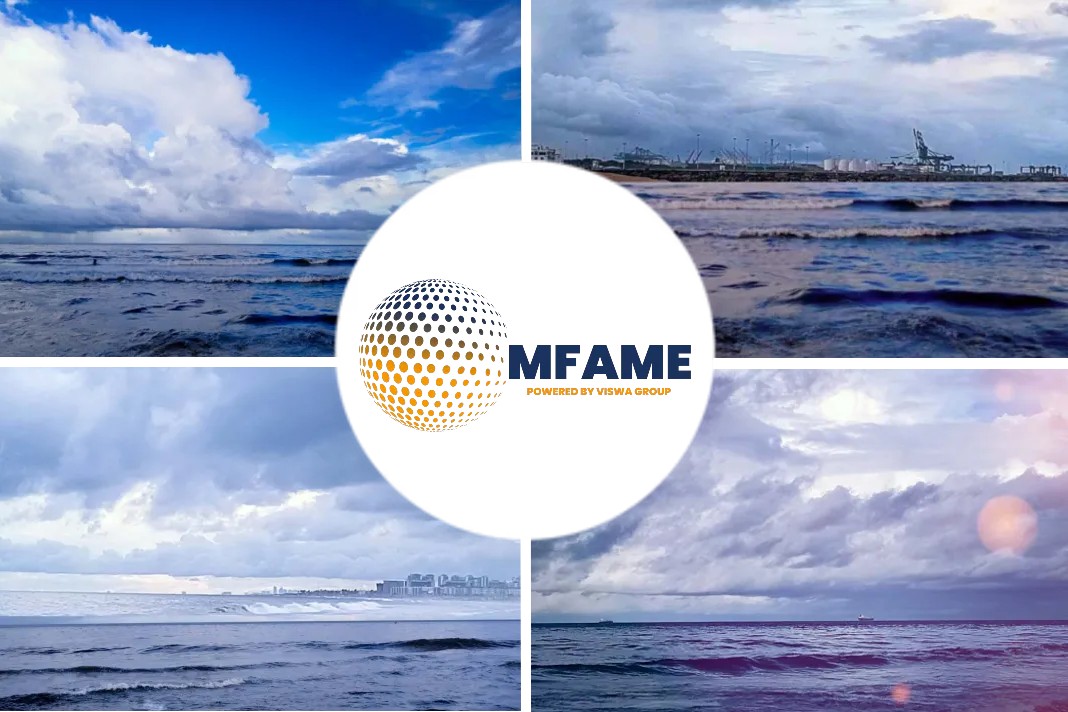
The potential of nuclear power for zero emission shipping has attracted mainstream attention but Precious Shipping Managing Director Khalid Hashim takes issue with the idea, says an article on Seatrade Maritime.
A Huge ‘If’
Serious players in the industry such as ABS are saying nuclear power’s potential for powering shipping cannot be ignored. This potential has been picked up by the mainstream press and in Precious Shipping’s latest quarterly newsletter the company’s MD Hashim particularly took issue with an article from Bloomberg last month that painted a vision of large nuclear-powered vessels plying between major cargo hub ports. Hashim described the idea as “at best wishful thinking”. While nuclear power would have zero emissions and could decarbonise shipping faster than other alternative options, deploying it safely would be a huge “if” he said.
Even if nuclear power was deployed safely on merchant ships persuading the general public it was the case would be another matter and Hashim noted the opposition to nuclear power generation in Germany and the reaction to Japan releasing radioactive water from Fukushima. “Imagine trying to adopt it on the seas where everyone’s access to ‘marine food’ will be at stake,” he said. Hashim sees a host of issues including – whether countries would allow such ships in their waters, piracy and terrorism, who would be responsible for a mishap, and how would such ships be scrapped at the end of their life?
Operational And Financial Hurdles
There would also be major operational and financial hurdles to overcome. “To get the world shipping fleet to zero GHG via nuclear power on ships would take much longer, be more expensive, require very detailed regulations, require a level of training and certification that ordinary seamen may be incapable of passing,” he stated. On the financial side Molten Salt Reactors (MSR) seen as an option for shipping, and currently in early development stages, would be extremely expensive costing more than the ship itself.
“The huge upfront capital cost and operational expenses, however, make it much too expensive to deploy or to maintain,” Hashim said. He does not totally dismiss nuclear power having a role for shipping, but not at sea and rather land-based reactors that would be essential for the energy required to produce green ammonia, “which is the least bad option to get us to zero GHG”.
Did you subscribe to our daily newsletter?
It’s Free! Click here to Subscribe!
Source: Seatrademaritime























Whatever cost it may be, to install reactor onboard, looks like that is the current option that we have for a fast reduction of GHG. These mega ships may operate intercontinental, and hydrogen/ammonia fueled feeder ship could make the end delivery. Shore based reactor could produce Hydrogen.
Rules and regulations are to be drafted sooner than later, as there is no effective easier solution for alternate energy in sight. More delay will cause more damage as irreversible process of rising sea water and depriving land will occur faster.
Remember, we had been extensively using fossil fuels for only one century and see what damage it caused. Global population and per capita energy consumption is also on the rise. What could be the accelerated further damage in next decade?
I had designed and proposed a special control system for enhancing the safety of nuclear powered cargo ships in my PhD thesis way back in 1982.One of the main objections for this idea was that the disposal of used nuclear fuel would be a big problem if nuclear powered ships are permitted to operate.
Though I am not a nuclear professional, remember reading an article way back in 2006, mentioning Fast Breeder is an answer for reusing spent fuel:
“If we mix25~30 percent of plutonium with U238 and expose it to fast neutrons in a reactor, then plutonium will burn and give us 20 times more power than the natural uranium reactors now in operation”
Hope we made some headway on this theory to make it safe and practical.